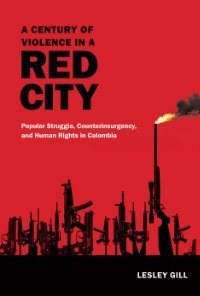By Jacob Black-Michaud
In "COHESIVE FORCE: Feud in the Mediterranean and the Middle East," readers are taken on a gripping journey through the complex web of conflicts that have shaped the region for centuries. From ancient rivalries to modern power struggles, this book delves into the intricate dynamics at play in the Mediterranean and the Middle East.
With meticulous research and insightful analysis, the author unravels the historical, political, and cultural factors that have fueled the ongoing feud in this volatile region. Through compelling narratives and in-depth exploration, "COHESIVE FORCE" sheds light on the key players, events, and ideologies that continue to shape the destinies of nations and peoples in the Mediterranean and the Middle East.
A must-read for anyone seeking a deeper understanding of the turbulent forces at work in this crucial part of the world, "COHESIVE FORCE" offers a comprehensive and thought-provoking account that challenges conventional wisdom and offers fresh perspectives on one of the most contested territories on the global stage.
B. Blackwell Oxford, 1975, 270 pages




